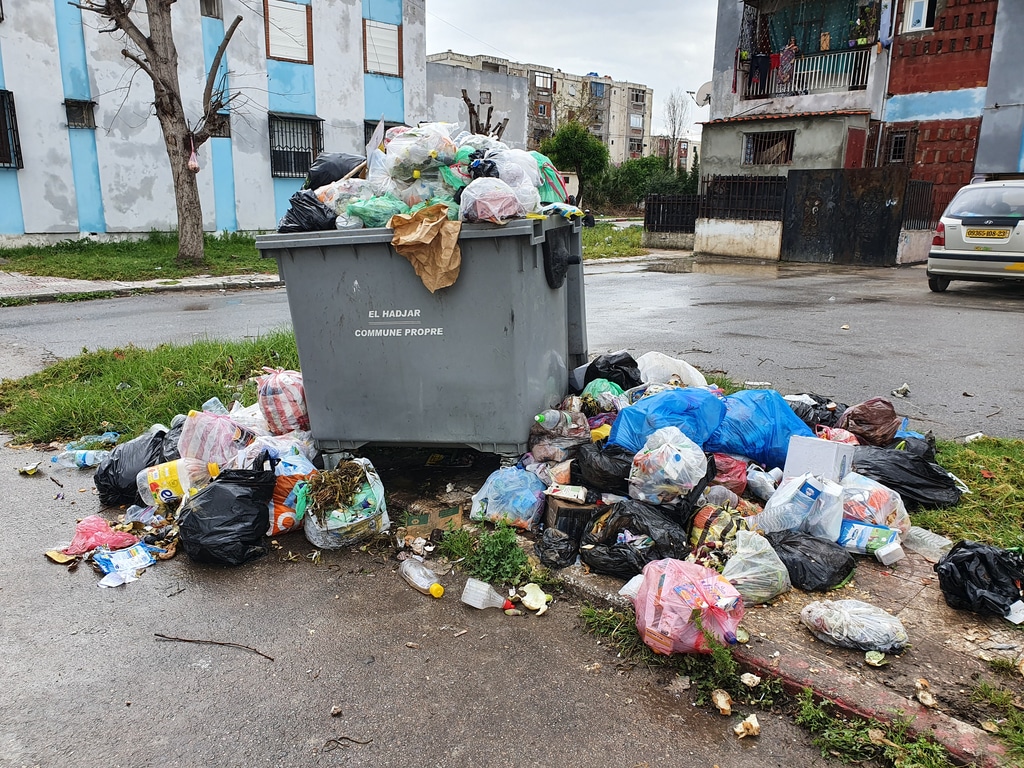In Algeria, the national sanitation campaign is in full swing. The operation launched in September 2022 has so far resulted in the collection of 71 tonnes of waste throughout the country. A total of 20,000 agents and 4,700 machines have been deployed in the field to facilitate the implementation of this initiative in the 58 wilayas, including the capital Algiers.
According to the Algerian government, 3,723 anarchic dumps have been identified, including “606 near waterways, 1,063 near public roads, 237 others near forests, 1,377 near local markets, and 440 near passenger transport stations and along the perimeter of railway lines,” according to the Algerian Ministry of the Interior, Local Authorities and Regional Planning.
Prior to this national campaign, the Algerian government has equipped the wilayas of Algiers, Boumerdès and Oran with a selective waste sorting system through the National Waste Agency (AND). The devices, which aim to recover waste according to its nature (metals, paper, glass, organic, etc.), will facilitate recycling within the framework of the National Strategy for the Environment (SNE) in Algeria.
This strategy could generate up to 150 billion Algerian dinars per year (more than one billion euros) thanks to the creation of several start-ups specialising in waste recovery by 2023, through the mobilisation of funding, as well as the strengthening of training in the field of waste management.
Read also-ALGERIA: An initiative allows the collection of 71 tons of waste in the wilayas
For the record, Algeria produces an average of 13.1 million tonnes of household waste per year, or one kilogram per inhabitant per day. According to the authorities of this North African country, about 45% of this waste (6.1 million tonnes) can be recycled, notably 1.22 million tonnes of plastics, 1.6 million tonnes of textiles and 300,000 tonnes of metals.
Benoit-Ivan Wansi
